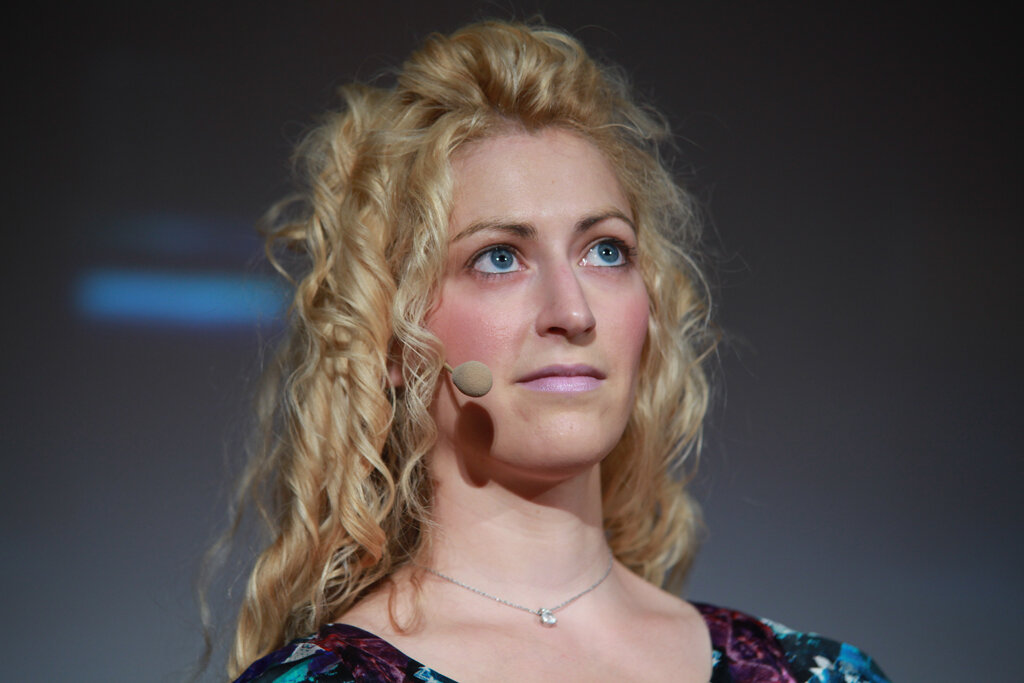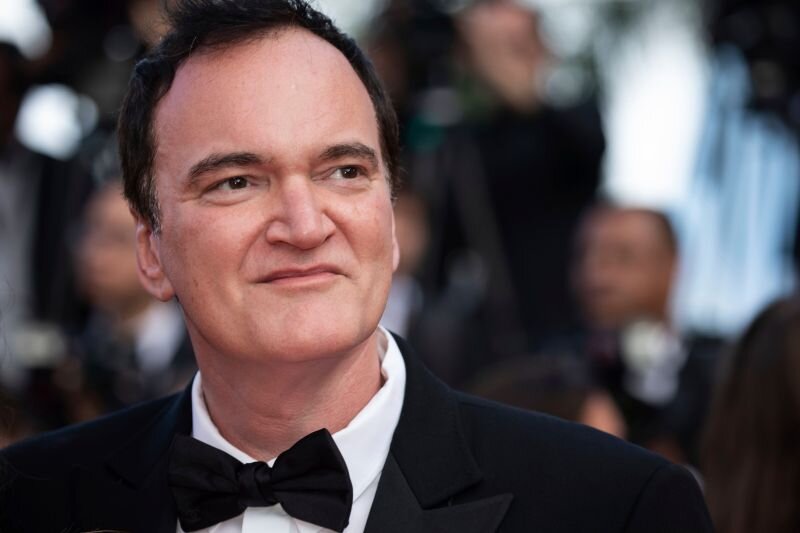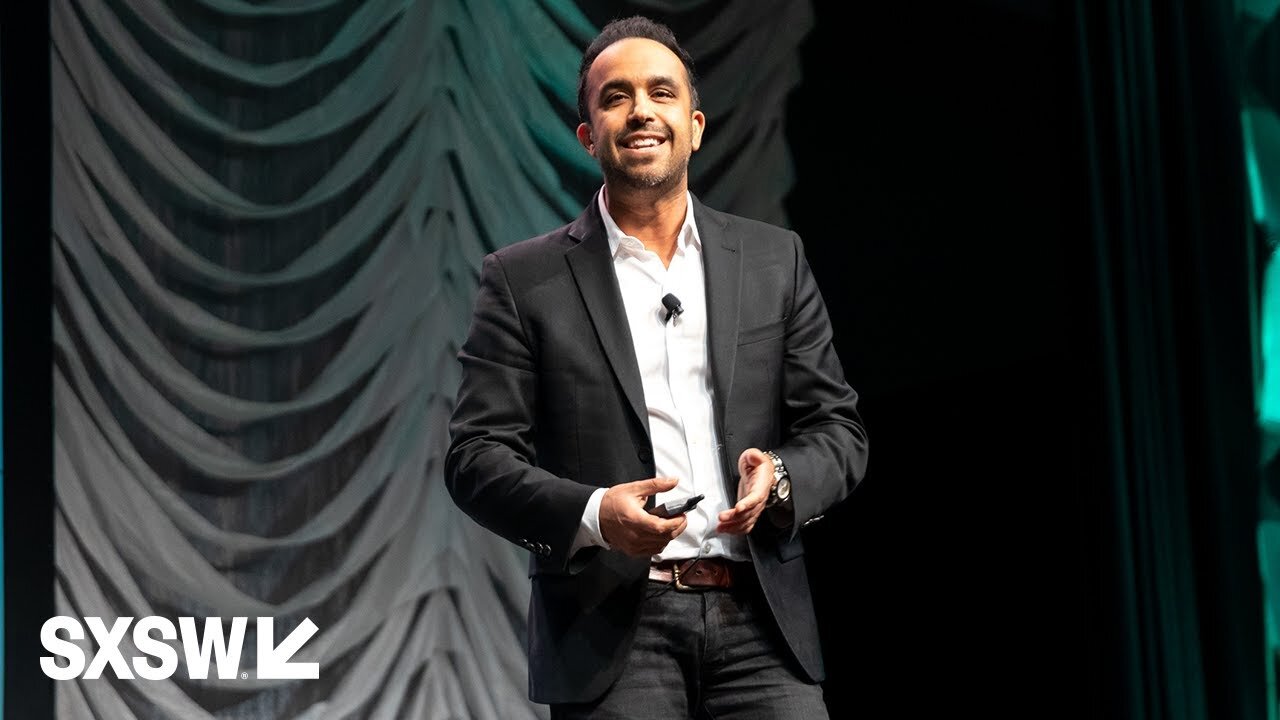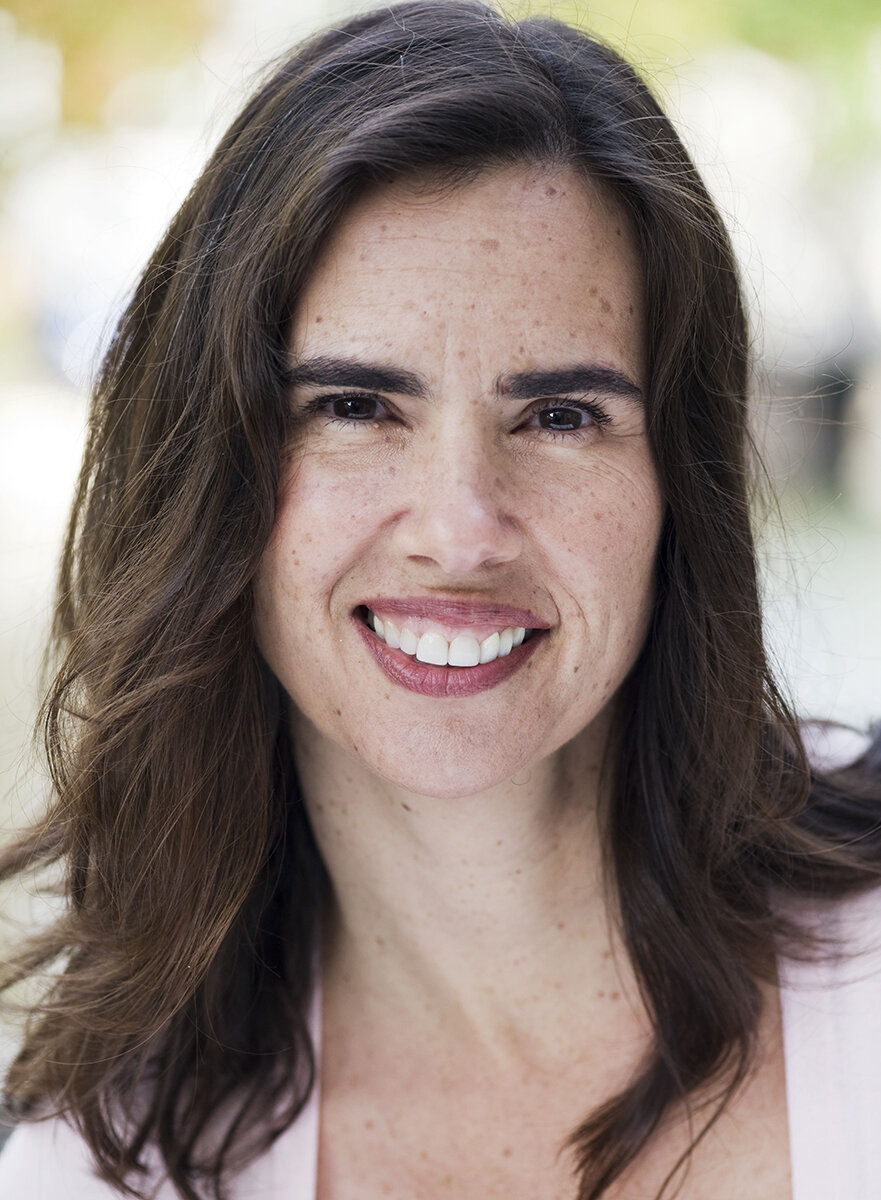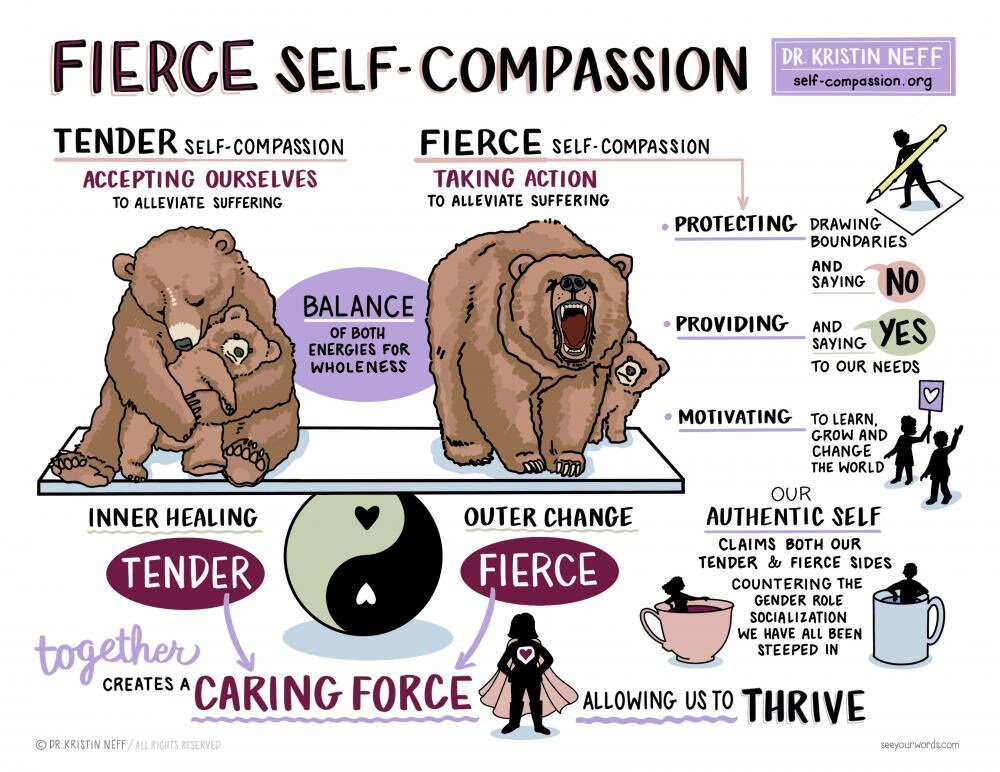Happy Fall Equinox Northern Hemisphere people. And Happy Spring Equinox to our friends south of the equator!
Are you ready for a new Bookmark? Just as a reminder, I’m experimenting with offering you a Bookmark four times this year. A little place to put the marginilia of this show.
Six months ago on the Spring equinox we had our first bookmark with my guest appearance on Nora McInerny’s award winning podcast Terrible, Thanks for Asking. For the second Bookmark, on the exact minute of the June solstice of course, I shared my SXSW speech “Building trust in distrustful times.”
And now today, on the Fall equinox, I’m sharing my appearance on Ologies. Alie Ward goes around the world sniffing out interesting people — often but not always scientists — and gets them to go deep on their speciality. Ologies has grown to one of the largest podcasts in the world and is often tops in all of Science. Am I surprised? Not really! Alie is one of the hardest-working people I have ever met and with a science, journalism, and Emmy-Winning comedy writing background, she’s got the killer cocktail of somebody who you just want to listen to more and more and more. On top of that, she’s kindhearted, deeply empathetic, and has a … nerdy nose, I’ll call it. I just mean she’s a nerdy who sniffs out other nerds so well.
I was extremely flattered to be a guest on the show. (Our matchmaker was the legendary Jane McGonigal of Chapter 85 — you can see the tweet stuck in amber! — and the title of the episode was “Awesomeology” which I didn’t think was actually a word but Alie proved otherwise.
Alie has very graciously given me permission to share this episode of Ologies with all of you and I’m very thankful. And yes, that all bodes especially well since generosity and gratitude are scientifically shown to make us happier. Merely two of the dozens of studies we talk about on this show!
Please consider subscribing to Ologies. It is a magnificent show adding so much love to the world.
Now let’s jump into the Bookmark now…
RESOURCES MENTIONED:
Stumbling on Happiness by Daniel Gilbert
The Happiness Equation by Neil Pasricha
The Book of Awesome by Neil Pasricha
The 3 A’s of Happiness - Neil’s TED Talk
The How of Happiness by Sonja Lyubomirsky
How do I love thee? Let me count the words: the social effects of expressive writing? by Richard Slatcher & James Pennebaker
Social Media copies gambling by Daniel Kruger
Abiding Chance: Online Poker and the Software of Self Discipline by Natasha Dow Schüll
Counting Blessings vs Burdens by Emmons & McCoullough
How Technology is Hijacking Your Mind by Tristan Harris
Machines, medication, modulation: circuits of dependency and self-care in Las Vegas by Natasha Schüll
Addiction by Design by Natasha Schüll
The machine always wins: what drives our addiction to social media by Richard Seymour
Social media copies gambling methods 'to create psychological cravings' by Mattha Busby
Melatonin and REM Sleep by Dieter Kunz
Don't look back in anger! Responsiveness to missed chances in successful and nonsuccessful aging by Stefanie Brassen
When does a good attitude become toxic positivity by Jen Rose Smith
Toxic Positivity: Don't Always Look on the Bright Side by Konstantin Lukin
The End of History Illusion by Jordi Quoidbach & Daniel Gilbert
The Science of Well Being by Laurie Santos
How Happy are Your Neighbours by Joh Helliwell
The Real Reason Happiness is Fleeting by Rob Henderson

















